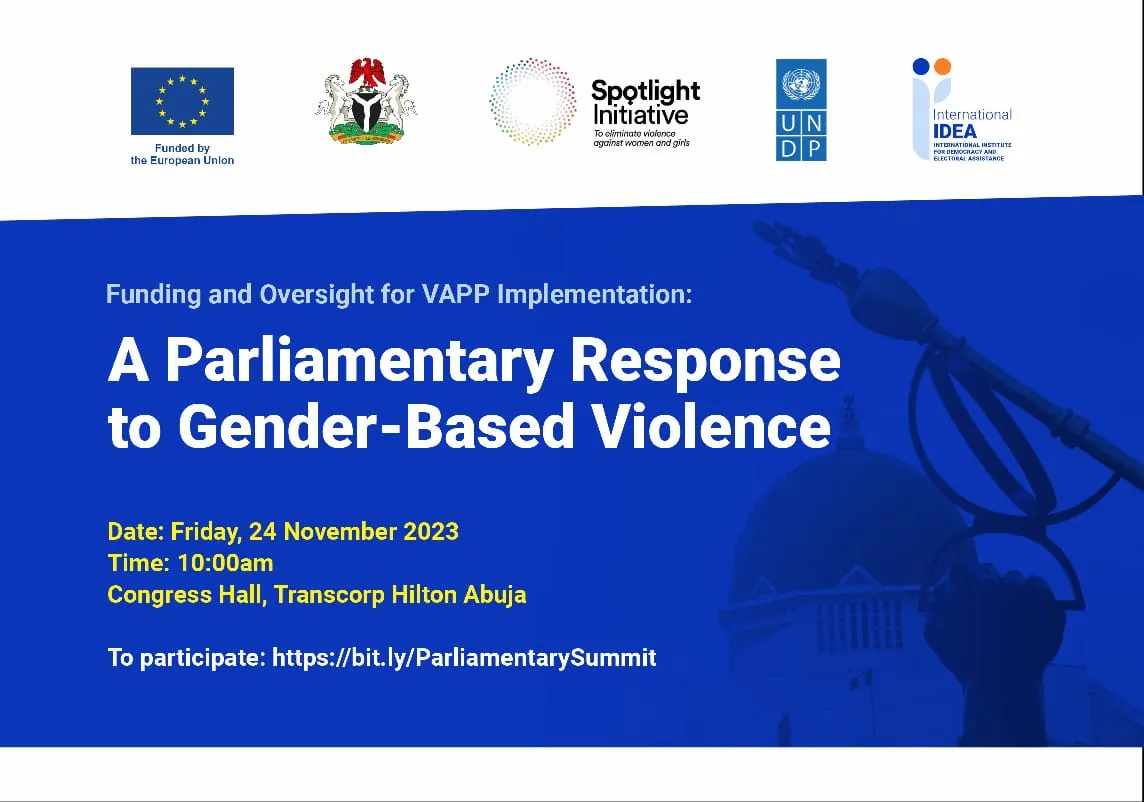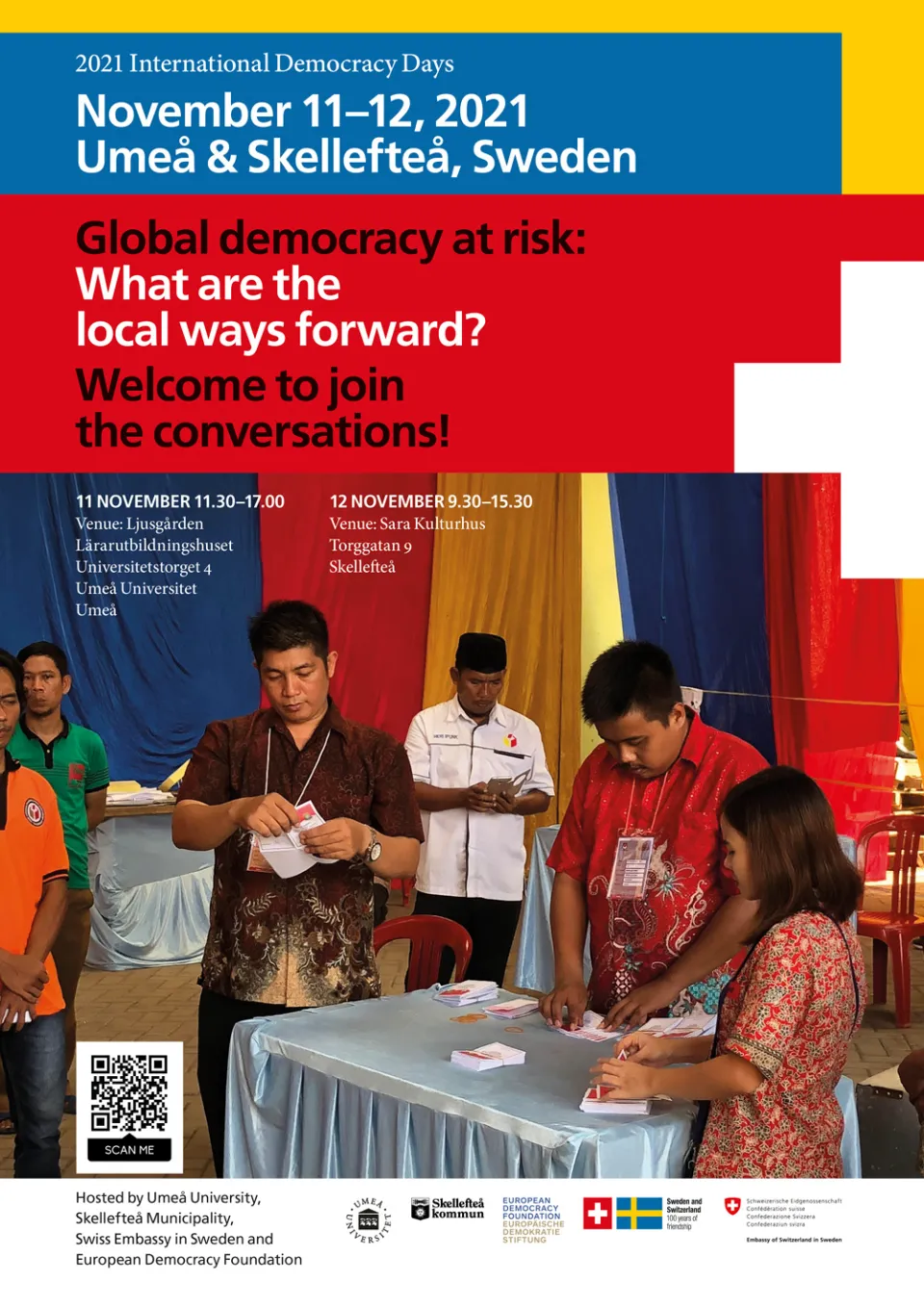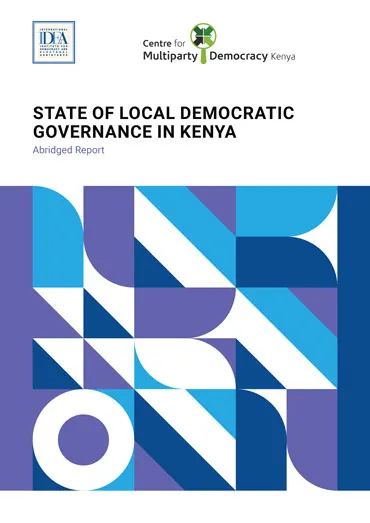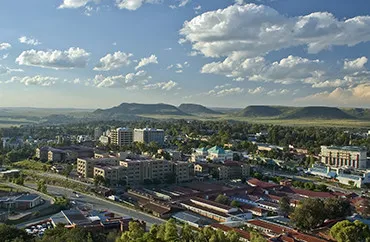Funding and Oversight for VAPP Implementation: A Parliamentary Response to Gender-based Violence

To commemorate the 16 Days of Activism 2023, RoLAC and UNDP are organising a Summit to sensitise key members of Parliament to the critical role they play in overseeing the implementation of the VAPP Act and fulfilling their role as budgetary decision-makers who can ensure that allocated resources match the legislative priorities and national policies on violence against persons.
The event is targeted at relevant members of the Senate and House of Representatives, as well as the Federal Ministers of Justice, Women Affairs and Finance, Budget and National Planning, among other critical heads of institutions.
This Summit is part of a series of activities that RoLAC and UNDP are supporting to commemorate the 16 Days of Activism Against Gender-based Violence 2023 to achieve the following three objectives:
- Sensitise Parliamentarians on the persistent issues that continue to limit access to justice and support services for survivors of Sexual and Gender-based Violence (SGBV) in Nigeria
- Sensitise Parliamentarians to the progress achieved so far in the SGBV response sector and the actions that must now be taken to enhance and sustain progress, including the establishment of a parliamentary mechanism for VAPP implementation monitoring
- Sensitise parliamentarians to their critical role in ensuring appropriate allocation of funding and resources for implementation of the Violence Against Persons Prohibition Act (VAPP) 2015
Background Information
Over the past 6 years, interventions by the Rule of Law and Anti-Corruption (RoLAC Phase I) Programme, the United Nations Development Programme (UNDP) under the EU-UN Spotlight Initiative and several other partners; have achieved significant progress in the establishment and implementation of state-led or civil society-driven mechanisms that offer stronger protection for survivors of violence and have strengthened institutional frameworks for ensuring appropriate punishment for perpetrators.
For instance, 6 years ago, only 17 out of 36 states in Nigeria were recorded to have adopted the Violence Against Persons Prohibition (VAPP) Act 2015; but by March 2023 an additional 19 states had adopted the VAPP or similar legislation. Further evidence of this progress was recorded in 2019, with the Rule of Law and Anti-Corruption (RoLAC) Programme’s support to the National Agency for the Prohibition of Trafficking in Persons (NAPTIP) for the establishment of the National Sexual Offender Database which RoLAC went on to replicate it in 4 additional states.
As at today, 10 states are reporting sexual offender data to the NAPTIP database. Equally, in November 2020, the United Nations Development Programme (UNDP) Spotlight Initiative, in collaboration with the Federal Ministry of Women Affairs, launched the Gender-based Violence data situation room; a centralized database for collating and analysing gender-based violence data in order to strengthen coordination of Nigeria’s national response to GBV. More recently, the UNDP Spotlight Initiative pulled together State lead Prosecutors and Police Commissioners, commencing the joint strategic institutional arrangement for States’ SGBV intervention, established the national GBV toll free line 6472 at the National Human Rights Commission and provided livelihood support pathways for survivors of Gender- based Violence.
In 2022, RoLAC initiated processes that led to the designation of 16 Sexual and Gender-based Violence Courts in Adamawa, Anambra, Edo and the FCT; as well as the development and adoption of Guidelines for the trial of SGBV cases by the respective Chief Judges. Perhaps the most striking progress has come from RoLAC’s support to the replication of Sexual Assault Referral Centres (SARCs) across Nigeria which have expanded the availability of emergency medical, counselling and legal services for survivors of Sexual and Gender-based Violence in Nigeria. RoLAC’s support has grown the SARC initiative from 11 SARCs across 10 states to 40 SARCs across 20 states; with over 31, 000 SGBV survivors assisted during the lifetime of the RoLAC Phase I Programme.
While these achievements are indeed laudable, the number of cases of SGBV that are being prosecuted continue to be very few, with even fewer SGBV convictions secured; compared with the number of cases being reported. This situation persists because the SGBV response sector in Nigeria is grossly underfunded. Investigating and prosecuting agencies are not adequately funded to deliver on their mandate and capacity and resource gaps in critical areas, ensure that the pace of criminal justice administration remains comparatively slow for SGBV cases. More often than not, the survivors neither receive the justice nor the social support they deserve. And the perpetrators continue to commit these crimes with impunity.
The Rule of Law and Anti-Corruption (RoLAC) Programme is a 5-year (2023 – 2027) Programme that is funded by the European Union and is being implemented by the International Institute for Democracy and Electoral Assistance (International IDEA); while the EU-UN Spotlight Initiative is implemented by United Nations Development Programme (UNDP), among other UN agencies in Nigeria.



